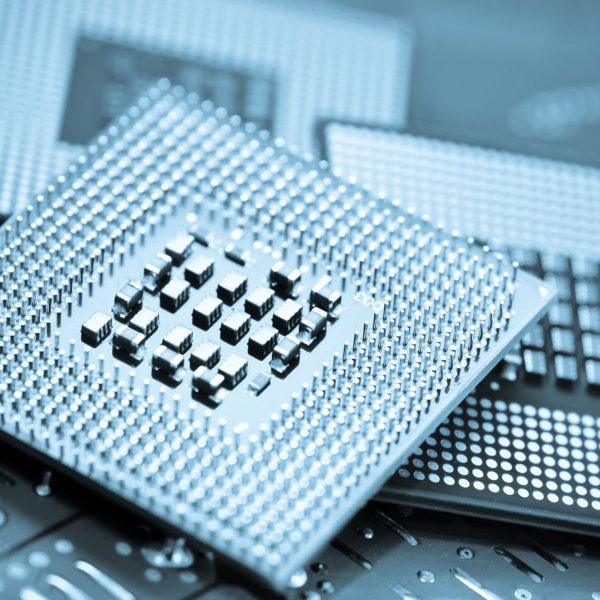
FPGA computing systems: Background knowledge and introductory materials
FREE
This course is for anyone passionate in learning how a hardware component can be adapted at runtime to better respond to users/environment needs. This adaptation can be provided by the designers, or it can be an embedded characteristic of the system itself. These runtime adaptable systems will be implemented by using FPGA technologies. Within this course we are going to provide a basic understanding on how the FPGAs are working and of the rationale behind the choice of them to implement a desired system. This course aims to teach everyone the basics of FPGA–based reconfigurable computing systems. We cover the basics of how to decide whether or not to use an FPGA and, if this technology will be proven to be the right choice, how to program it. This is an introductory course meant to guide you through the FPGA world to make you more conscious on the reasons why you may be willing to work with them and in trying to provide you the sense of the work you have to do to be able to gain the advantages you are looking for by using these technologies. We rely on some extra readings to provide more information on the topic covered …
Instructor Details
Courses : 2
Specification: FPGA computing systems: Background knowledge and introductory materials
|
15 reviews for FPGA computing systems: Background knowledge and introductory materials
Add a review Cancel reply
This site uses Akismet to reduce spam. Learn how your comment data is processed.
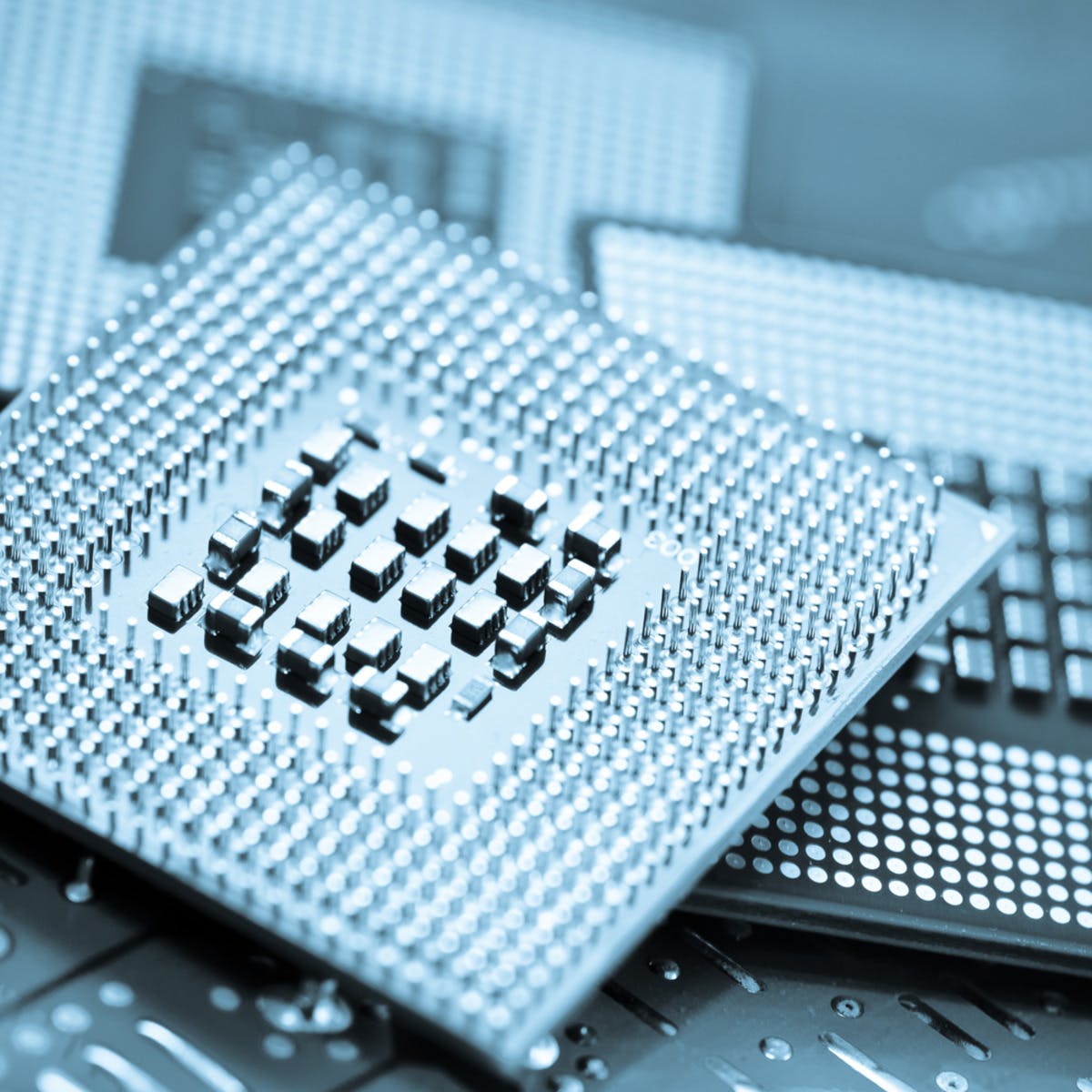
| Price | Free |
|---|---|
| Provider | |
| Duration | 12 hours |
| Year | 2018 |
| Level | Beginner |
| Language | English |
| Certificate | Yes |
| Quizzes | Yes |

FREE

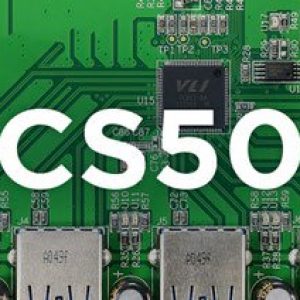
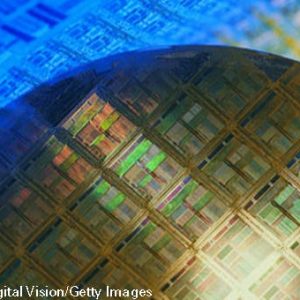
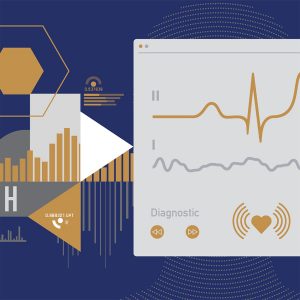
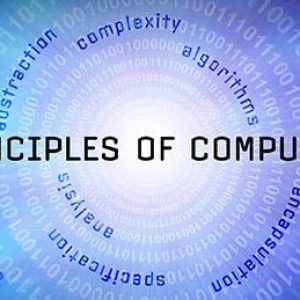

Daniel B –
Good introduction to reconfigurable computing with FPGAs. Concepts are clearly explained, and examples are illustrative and easy to follow. Lots of papers and additional content to read.
SYED M U –
Very good course, instructor was very good. Quizes were challenging and pcae of course was good
Shawn P –
The videos and readings provide an excellent high level overview of the ideas and terminology needed before taking the more hands on courses.
Arijit S –
Very helpful and thorough understanding of FPGA.
Marcel S –
Very valuable course!
Abdelrahman E –
Perfect course for anyone interested in knowing more about FPGA internals and heterogeneous computing. Thanks for this clear and perfect course and for all the staff efforts.
Alexis D –
Good step by step course, from high level to low level. The listening is sometimes difficult (Italian accent), but since there is full text transcript and also sub titles then it is very easy to clarify the misunderstandings (also because it’s sometimes technically difficult or because of the acronyms). Good content and clear explanations. The week4 is focussed on the practical implementation and that went too far for me, but I really enjoyed the weeks 1,2,3 for my goals that were the learn the theory about it.
MRINAL D –
Great experience
Qiang K –
Good course for people wants to know the background of FPGA.
Stamatios A –
Excelent starting course on FPGAs. Very well structured with details wherever is necessary. Grazie mille Marco…
Huy C –
Great informatic course, could’ve been improved a bit by implementing some hands on exercises and more specific explanations
omkar –
More focus should be put on practical assignments
chiahou l –
good cours i have learned a lot of things on FPGA
Khalid J –
I learned a lot of invaluable things in this course such as Reconfigurable computing, Intellectual Properties (IPs), Partial reconfiguration, etc.. A general description of the low level configuration details of FPGAs, to the bitstream composition and configuration registers. A view on how CAD frameworks evolved through the years. This is done to show how fast the technology is evolving and the rationale behind the choice made to improve the users’ experience when working with an FPGA based system. I really recommend this course. Finally, I would like to thank Professor Marco d. Santambrogio for his effort and Coursera for the opportunities it gives to students, engineers, researchers and even hobbyists who are passionate about the field.
Anish M G –
Got a knowledge on basics of FPGA and its amazing uses